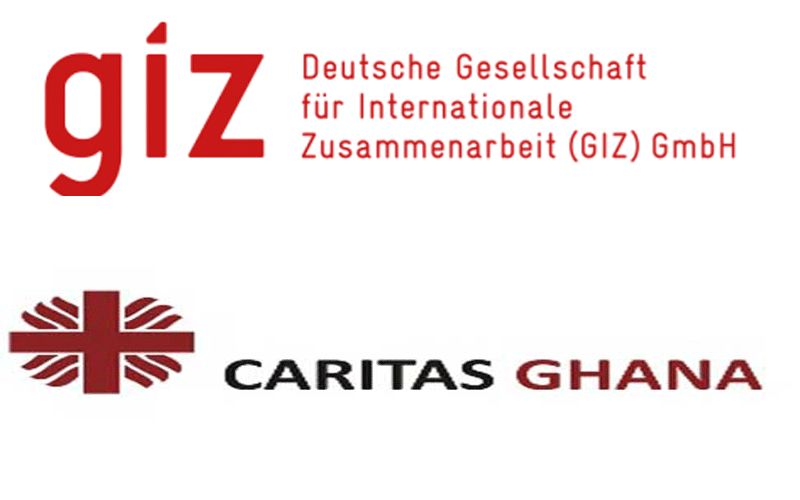Accra, 27 August, 2020 / 9:10 pm (ACI Africa).
Catholic Bishops in Ghana, through their humanitarian wing, Caritas Ghana have embarked on a humanitarian project that will see vulnerable groups who have been worst hit by COVID-19 benefit from a GHc1million (UD$175,000.00) project to help them get back on their feet.
In a Monday, August 24 meeting, the leadership of Caritas Ghana said the project is aimed at tackling the economic impact of the pandemic with creation of employment and market stabilization measures as well as reducing the effects of electronic waste in Ghana’s Archdioceses of Accra and Tamale.
“Caritas Ghana developed a program to mitigate the humanitarian consequences of the pandemic focusing on sustainable economic development measures,” Samuel Zan Akologo, Executive Secretary of Caritas Ghana said at the virtual launch of the project via zoom webinar on August 24.
The project is an emergency response subsidy from the Deutsche Gesellschaft für Internationale Zusammenarbeit (GIZ), a German development agency aimed at alleviating the plight of vulnerable persons by tackling the economic impact of COVID-19 on jobs and market stability.
In a briefing at the virtual launch, Mr. Akologo said Caritas Ghana and GIZ partnership is anchored in their mutual interest in the development and implementation of Social Impact Business Models in the field of waste management, specifically the ‘Care for Our Common Home E-waste Management Campaign’, a Laudato Si’ implementation initiative in Ghana inspired by Pope Francis in 2017.








